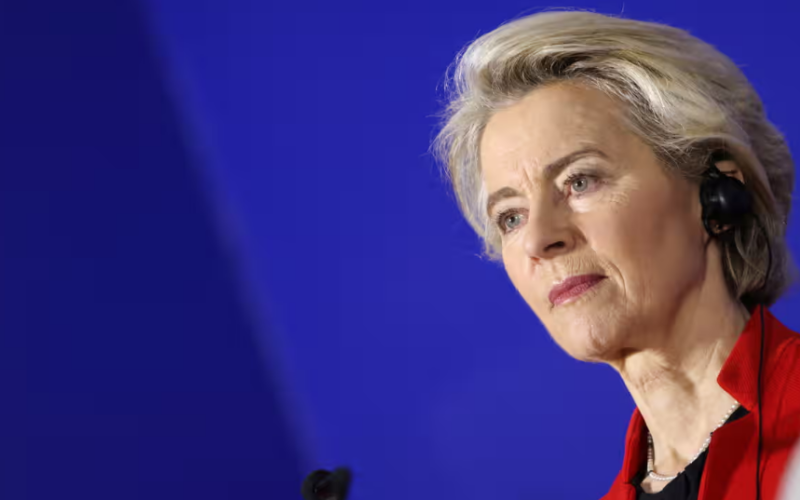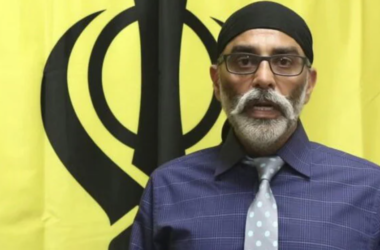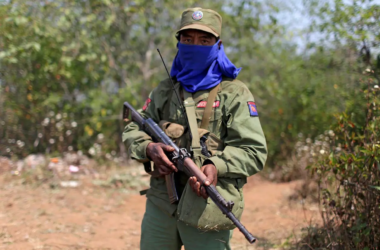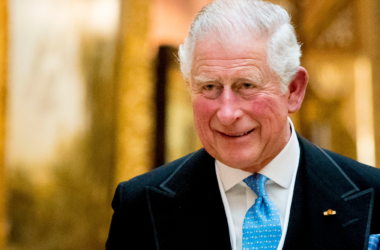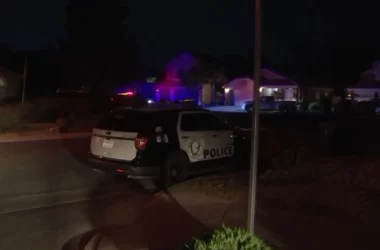In a pivotal move towards bolstering its green transition agenda, the European Union has set its sights on Greenland, with Ursula von der Leyen leading the charge. The significance of this expedition cannot be overstated, as it represents a proactive step towards securing sustainable resources essential for the EU’s ambitious climate goals.
As the President of the European Commission, von der Leyen has consistently emphasized the urgent need for decisive action to combat climate change. Central to this effort is the EU’s commitment to achieving carbon neutrality by 2050, a target that necessitates a radical transformation of energy systems, industries, and resource procurement strategies. In this context, Greenland emerges as a strategic partner in the EU’s quest for materials crucial to powering the green transition.
Greenland, the world’s largest island, is endowed with vast reserves of minerals, including rare earth elements, essential for the production of renewable energy technologies, such as wind turbines, electric vehicle batteries, and solar panels. These resources have become increasingly sought after as the global demand for clean energy solutions escalates. However, their extraction and processing present complex challenges, particularly in terms of environmental impact and sustainability.
Against this backdrop, von der Leyen’s journey to Greenland underscores the EU’s commitment to responsible resource management and sustainable development. Rather than solely focusing on exploiting Greenland’s mineral wealth for short-term gain, the EU seeks to establish collaborative partnerships aimed at fostering long-term sustainability and mutual benefit.
Key to this approach is the integration of environmental considerations into resource extraction practices. By promoting best practices in mining techniques, waste management, and rehabilitation of extraction sites, the EU aims to mitigate the ecological footprint associated with mineral exploitation. Furthermore, efforts to engage local communities in decision-making processes and ensure equitable distribution of benefits from resource extraction are integral to fostering social and economic sustainability in Greenland.
Moreover, von der Leyen’s visit serves to strengthen diplomatic ties between the EU and Greenland, signaling a commitment to constructive dialogue and cooperation. By engaging with Greenlandic authorities, businesses, and civil society, the EU seeks to foster a collaborative framework for sustainable resource governance that respects the autonomy and aspirations of the Greenlandic people.
In addition to mineral resources, Greenland holds immense potential for renewable energy generation, particularly hydropower and wind energy. Harnessing these natural assets could not only contribute to Greenland’s economic development but also facilitate the EU’s transition to clean energy sources. Investments in renewable energy infrastructure and technology transfer initiatives can further enhance the region’s capacity to meet its energy needs sustainably while reducing reliance on fossil fuels.
Furthermore, von der Leyen’s expedition underscores the EU’s recognition of the Arctic region’s strategic importance in the context of climate change and geopolitical dynamics. As the Arctic undergoes rapid environmental transformations, characterized by melting ice caps and shifting ecosystems, it has increasingly become the focus of international attention and competition. By engaging with Arctic stakeholders in a spirit of cooperation and mutual respect, the EU aims to promote environmental stewardship, scientific research, and sustainable development in the region.
However, it is essential to acknowledge the complexities and sensitivities inherent in EU-Greenland relations. Greenland’s status as an autonomous territory within the Kingdom of Denmark imbues its governance structures with a unique set of legal, political, and cultural dynamics. Respect for Greenlandic self-determination and sovereignty is paramount in any collaborative endeavor between the EU and Greenland.
In conclusion, von der Leyen’s journey to Greenland symbolizes the EU’s proactive approach to addressing the intertwined challenges of climate change, resource security, and sustainable development. By seeking to forge partnerships grounded in shared values of environmental stewardship and social responsibility, the EU aims to pave the way for a greener, more resilient future for both Greenland and the wider European continent.




